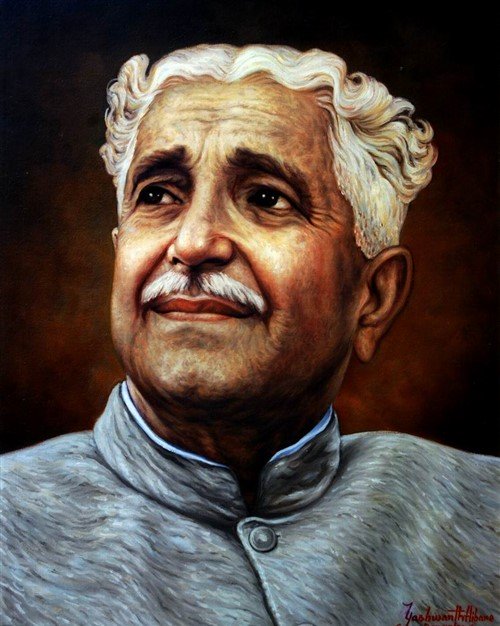Modern Education
Modern education refers to the education system that is currently in use in most countries around the world. It is based on the principles of learner-centered education, which focuses on the needs and interests of the individual learner. Modern education systems typically place a strong emphasis on critical thinking, problem-solving, and creativity, as well as the acquisition of knowledge in a variety of subject areas.
In modern education systems, technology is often integrated into the learning process, through the use of online resources, interactive teaching methods, and digital tools. Schools and universities may also offer a range of extracurricular activities, such as sports, music, and drama, to encourage students to explore their passions and interests outside of the classroom.
There are several categories of modern education, including:
-
Primary education: This category includes elementary and middle school education, which is typically provided to children aged 6 to 12. The focus is on foundational skills in reading, writing, math, and science, as well as social studies, art, and physical education.
-
Secondary education: This category includes high school education, which is typically provided to students aged 13 to 18. The focus is on preparing students for post-secondary education and the workforce by providing a more advanced and specialized curriculum.
-
Higher education: This category includes post-secondary education, such as college and university, which is typically provided to students who have completed secondary education. The focus is on specialized training in a particular field of study, such as business, engineering, or the arts.
-
Vocational education: This category includes education and training programs that are designed to prepare students for specific careers or trades, such as plumbing, carpentry, or nursing. Vocational education may be provided at the secondary or post-secondary level.
-
Continuing education: This category includes programs and courses that are designed for individuals who want to learn new skills or update their existing knowledge and abilities. Continuing education may be provided through schools, universities, or other organizations, and can be pursued at any stage of life.
There are several advantages of modern education, including:
-
Focus on the individual learner: Modern education places a strong emphasis on the needs and interests of the individual learner, which allows students to learn at their own pace and in a way that is meaningful to them.
-
Development of critical thinking and problem-solving skills: Modern education encourages students to think for themselves and develop their ability to analyze and solve problems, which are important skills in today's rapidly-changing world.
-
Integration of technology: Modern education makes use of technology to enhance the learning experience and provide students with access to a wealth of information and resources.
-
Opportunities for hands-on, experiential learning: Modern education provides students with opportunities to learn through hands-on, experiential activities, such as field trips, projects, and internships, which can be more engaging and meaningful than traditional forms of instruction.
-
Encouragement of creativity and innovation: Modern education fosters creativity and encourages students to think outside the box and come up with new ideas.
-
Personalization of the learning experience: Modern education takes into account the unique needs and abilities of each student and provides tailored learning experiences that meet their individual needs.
-
Preparation for success in the 21st century: Overall, the goal of modern education is to prepare students for success in the 21st century by equipping them with the knowledge, skills, and abilities they need to thrive in an increasingly complex and rapidly-changing world.
Overall, the goal of modern education is to prepare students for success in the 21st century by equipping them with the knowledge, skills, and abilities they need to thrive in an increasingly complex and rapidly-changing world.








